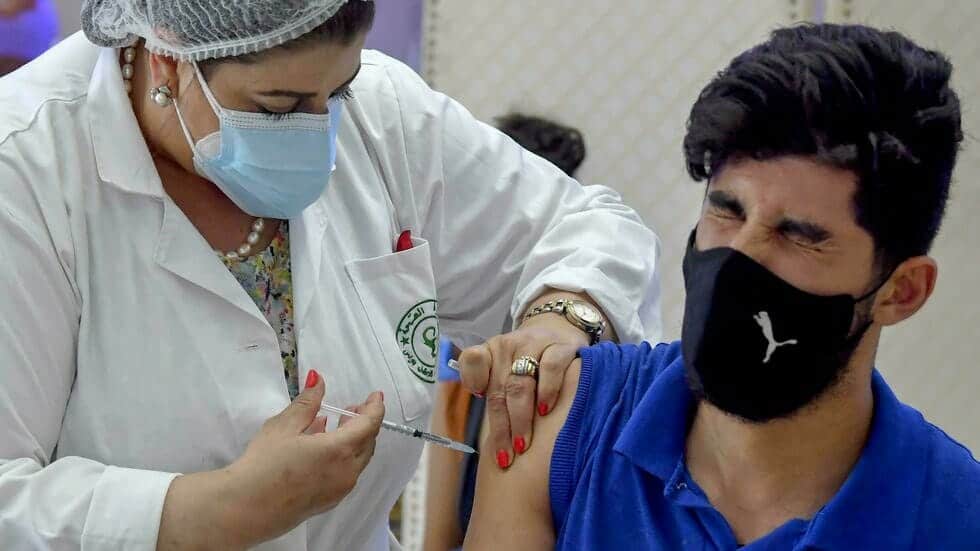-
The highly-transmissible variant was first detected in India during the now waning second wave in the country
-
It has now surfaced in 132 territories and is partly to blame for an 80 percent rise in coronavirus deaths in Africa over the past four weeks
The Delta variant of Covid-19 is a warning to the world to suppress the virus quickly before it mutates again into something even worse, the WHO said Friday.
The highly-transmissible variant was first detected in India. It has now surfaced in 132 territories and is partly to blame for an 80 percent rise in coronavirus deaths in Africa over the past four weeks, the World Health Organization said.
“Delta is a warning: it’s a warning that the virus is evolving but it is also a call to action that we need to move now before more dangerous variants emerge,” the WHO’s emergencies director Michael Ryan told a press conference.
WHO chief Tedros Adhanom Ghebreyesus added: “So far, four variants of concern have emerged — and there will be more as long as the virus continues to spread.”
Though Delta has shaken many countries, Ryan said proven measures to bring transmission under control still worked.
“The same measures that we have applied before will stop that virus,” notably physical distancing, wearing masks, hand hygiene and avoiding long periods indoors in poorly ventilated, busy places.
“They are stopping the Delta strain, especially when you add in vaccination. But we need to work hard,” he said.
“The virus has got fitter, the virus has got faster. The game plan still works, but we need to implement and execute our game plan much more efficiently and much more effectively then we’ve ever done before.”
Tedros said that on average, infections increased by 80 percent over the past four weeks in five of the six WHO regions.
The UN health agency has consistently called for vaccines to be distributed more evenly around the world.
More than four billion doses of Covid-19 vaccines have now been administered globally, according to an AFP count.
In countries deemed high income by the World Bank, 98 doses per 100 people have been injected.
That figure drops to 1.6 per 100 in the 29 lowest-income countries.
Ryan said: “There are no gold and silver bullets here; there are no magical solutions; there’s no magic dust.
“The only magic dust we have is vaccination.
“The problem is we’re not sprinkling that evenly around the world and we are working against ourselves.”







